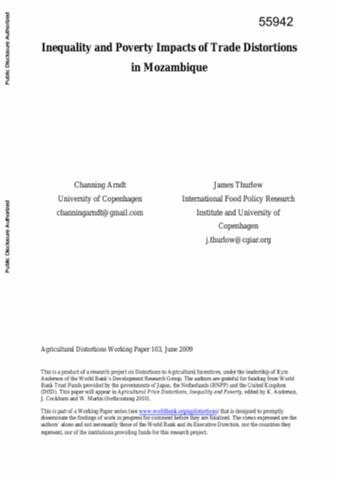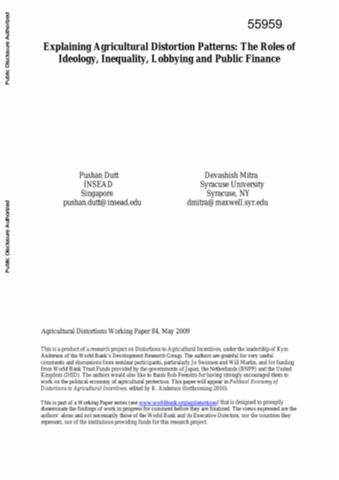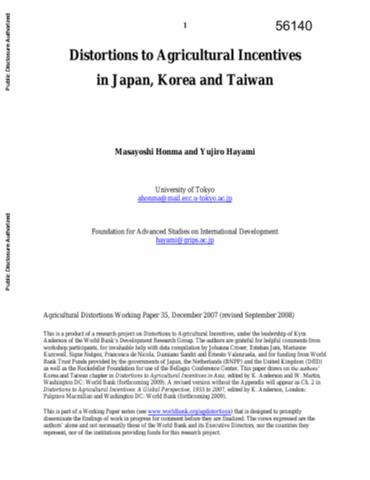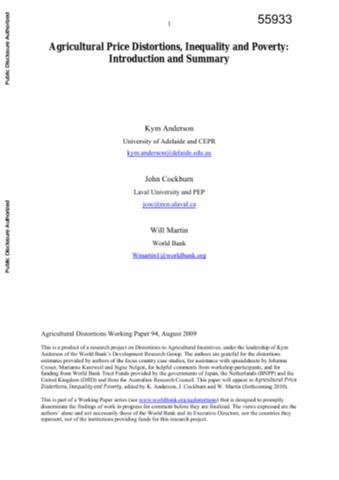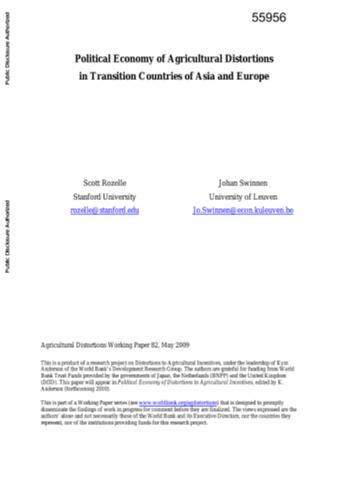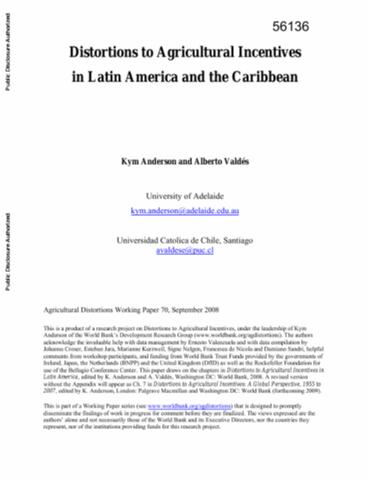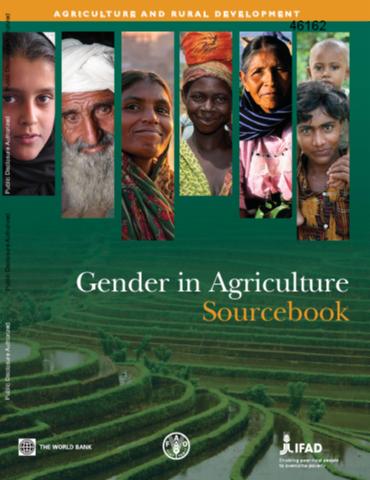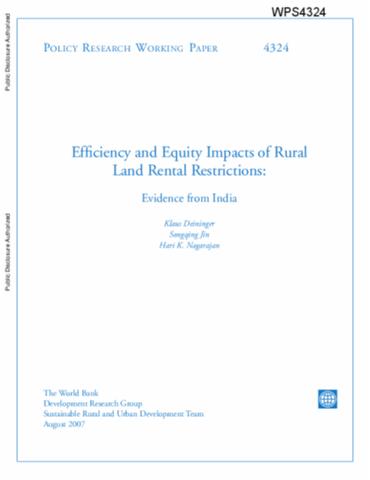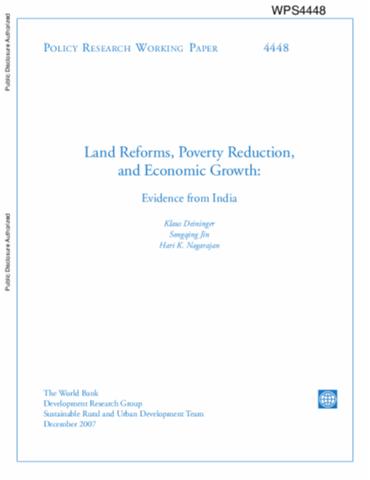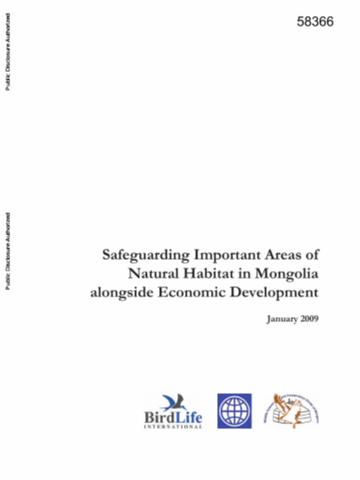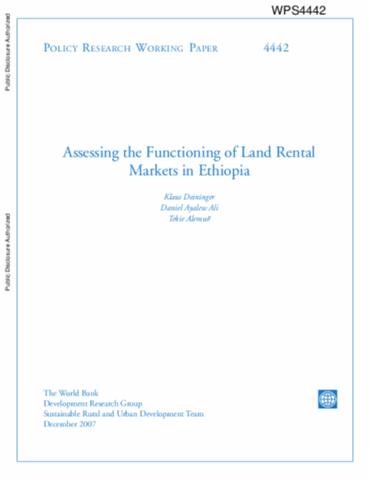Inequality and Poverty Impacts of Trade Distortions in Mozambique
Although Mozambique has considerable agricultural potential, rural poverty remains extremely high. This paper examines the extent to which global and domestic price distortions affect agricultural production and national poverty. The author develops a computable general equilibrium (CGE) and micro-simulation model of Mozambique that is linked to the results of a global model. This framework is used to examine the effects of eliminating global and national price distortions.

